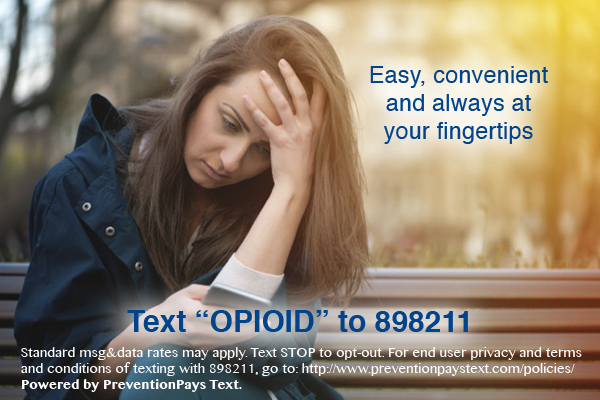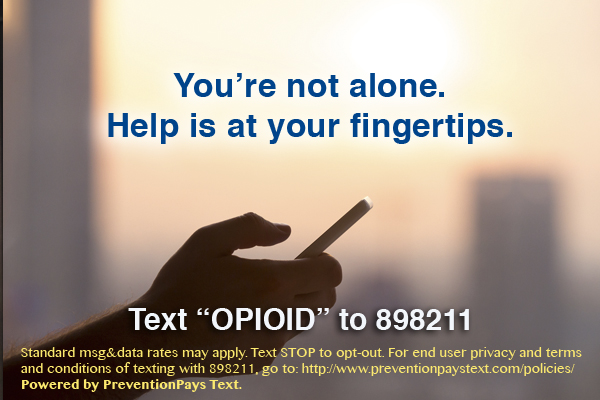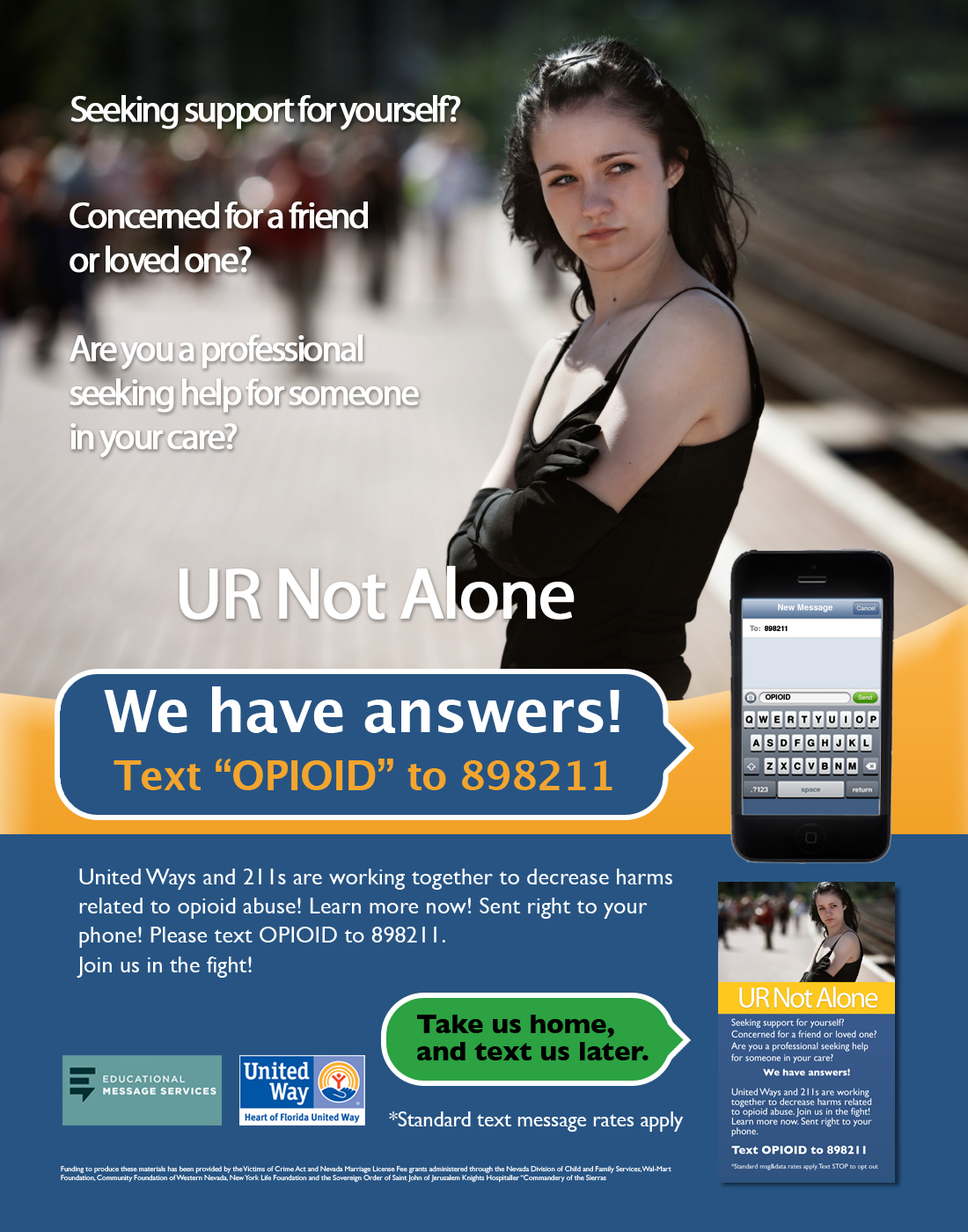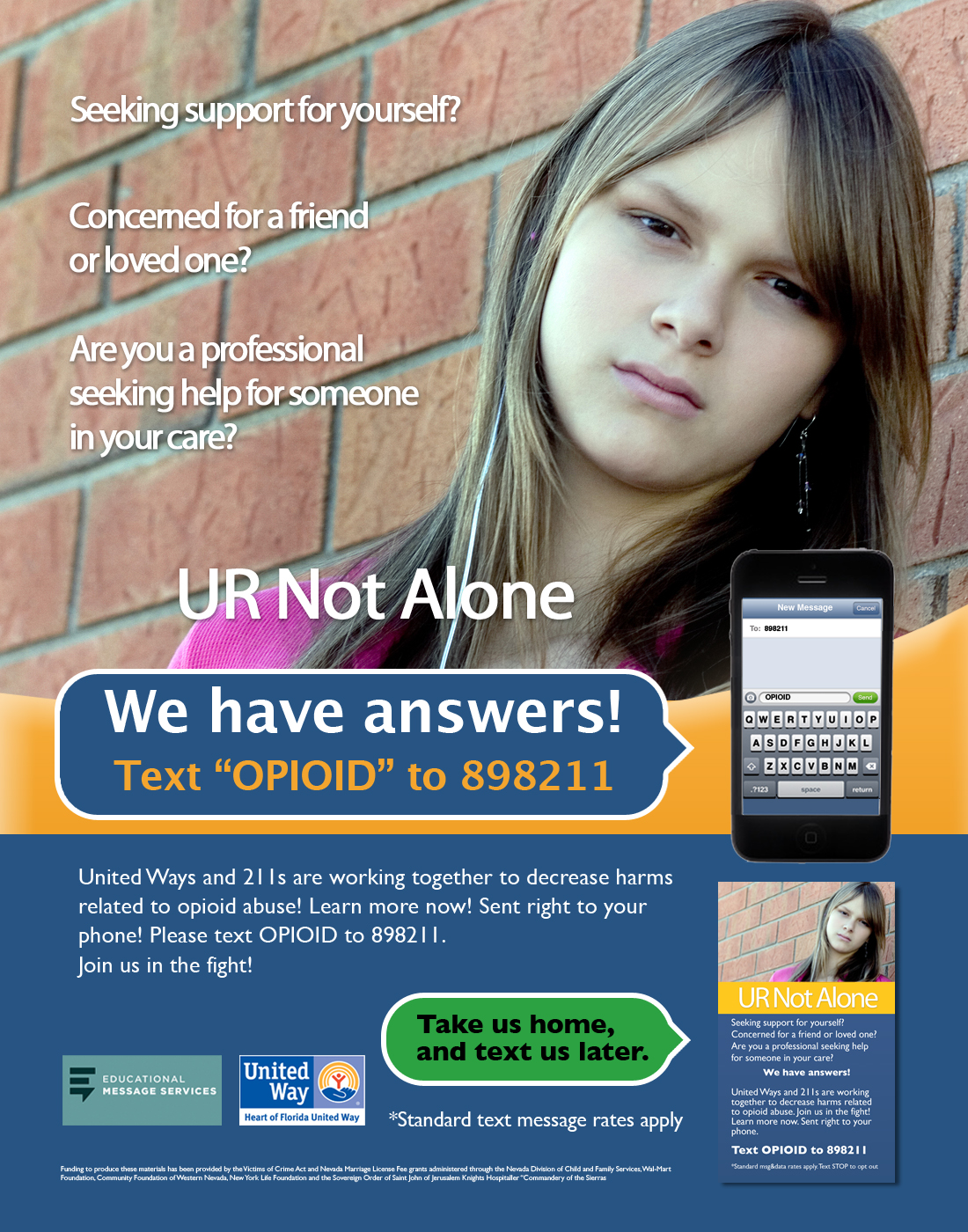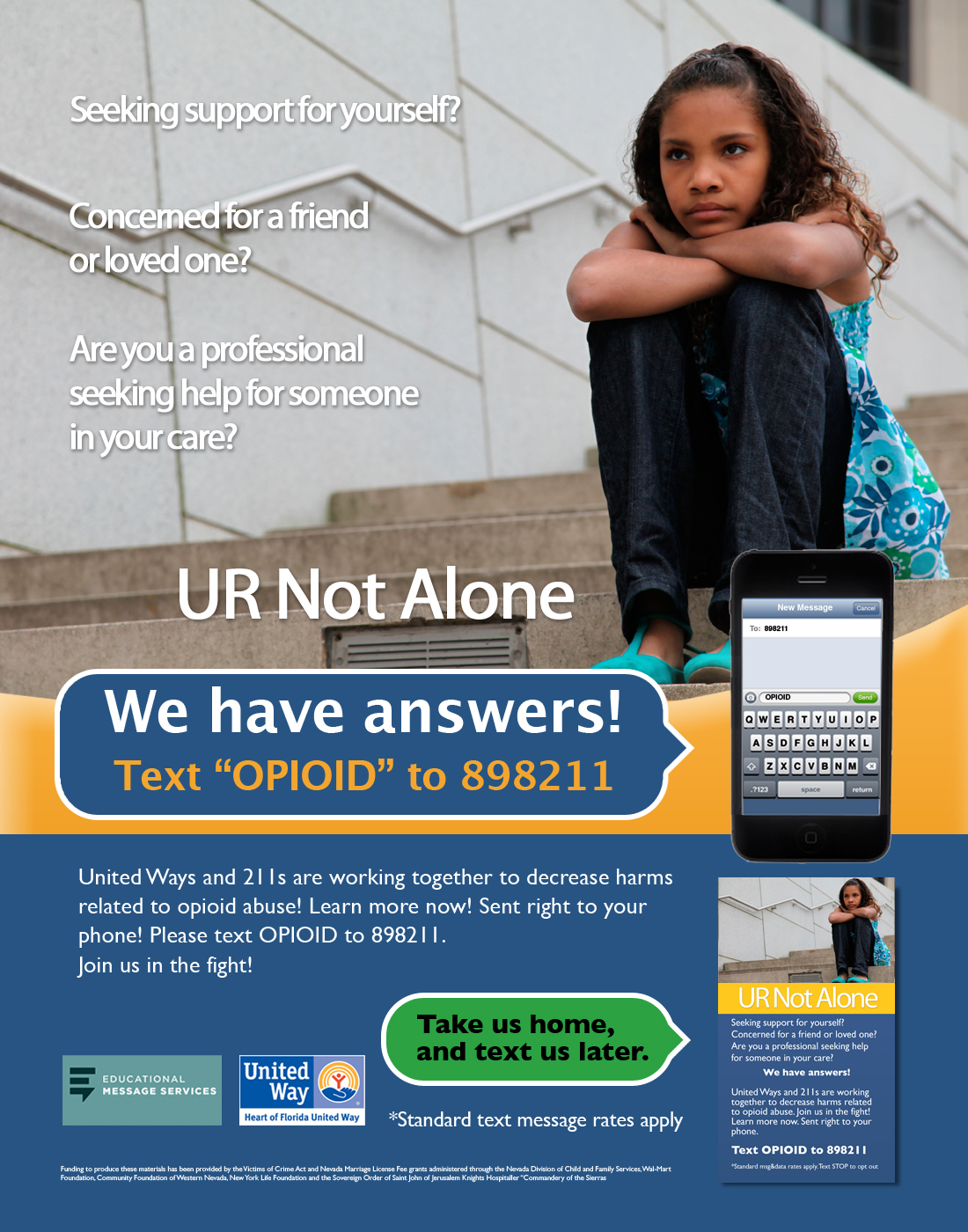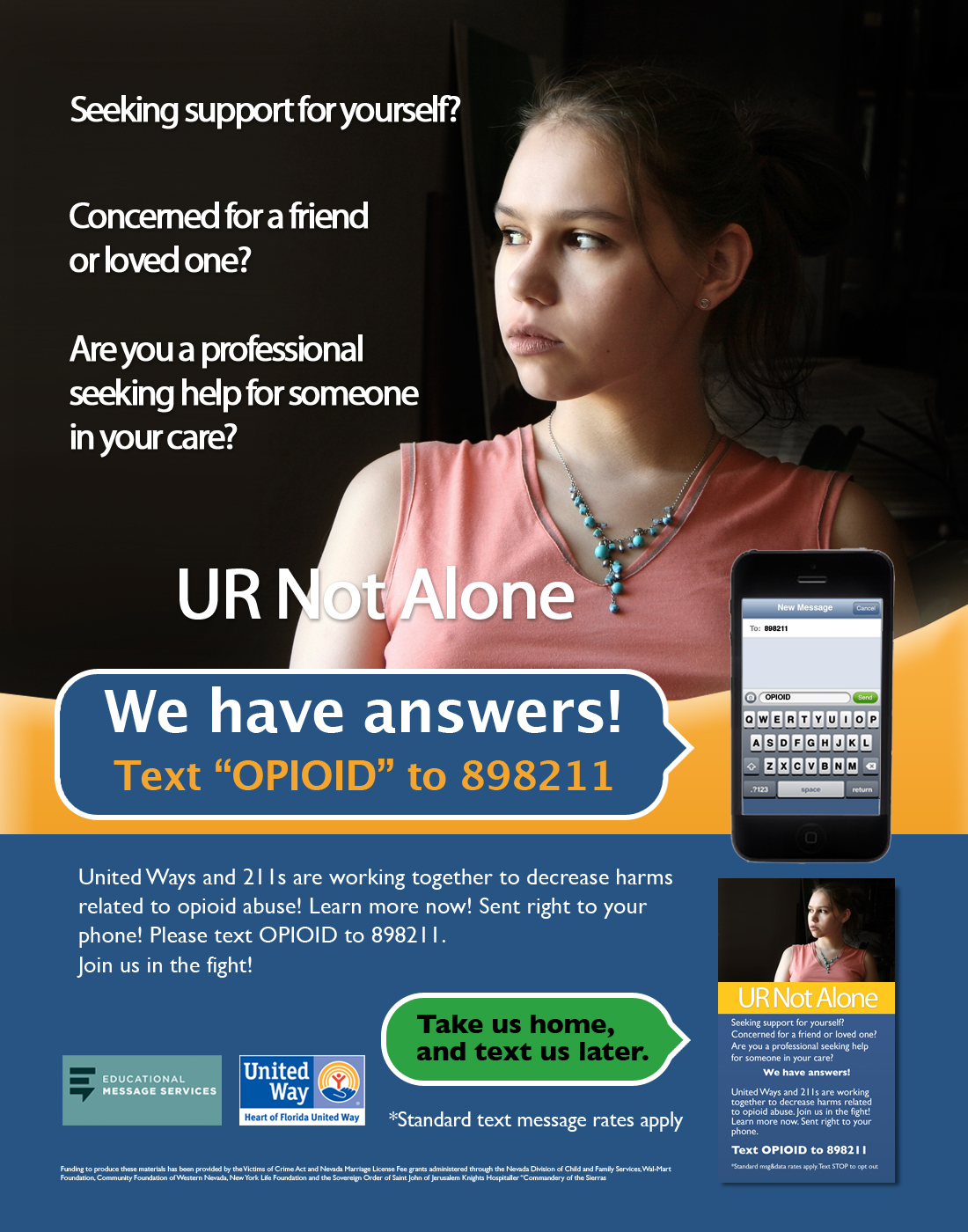Text Hotlines Are Helping Connect More People to Critical Addiction Resources!
Now addiction hotlines are helping individuals and their friends and family by making resources more accessible. These hotlines are assisting individuals by also offering the same support and access via the privacy of SMS text messaging. For example, if an individual cannot make a phone call (for whatever reason) he or she can also text a different number that’s posted on the help hotline’s website. Once connected with the agent/counselor, they can text back and forth to obtain the information/referrals for inpatient/outpatient detox and/or treatment/counseling. By offering the same help through two-way “textchat” dialogue, more individuals who are not ready to “talk” or find it difficult to discuss their addiction over the phone, are opening up and asking for help via the same function they use every day – text messaging. Addiction Text Lines have already helped thousands of individuals and their friends/families find the support and treatment options most appropriate for their addiction.
Text Hotlines can provide 24/7 anonymous text-communication to individuals of all ages, needing immediate mental health assistance for themselves or for a friend or family member. According to Pew Research, the average American now uses text more than any other function on their device – more than calls, email, and social media combined. Individuals needing help can send a text to the helpline, (in the case of 211s that are offering addiction support services, they can simply text their zip code to 898211) to get immediate, live help. Research also shows that the perceived privacy of text helps individuals open up more readily and feel more secure “talking” about the emotional crisis they’re facing.
The Opioid Text Program as an On-Ramp to Live Support!
And with new programs like the “Opioid Text Program” 211 can provide fully automated, vetted referrals (curated directly out of their databases) and then live help for discussing the concerns the individual may have or feel about asking for help. Using the Opioid Text Program (now available in several states) as an on-ramp to help, is changing how individuals seek help for themselves or a loved one. Learn more about how a unique fusion of automation and live help is transforming the help-seeking paradigm! READ MORE
Live Help Can Be Reinforced With Creative, Well-Timed Follow-up Texts and Quality Assurance Surveys!
When the addiction hotline is in two-way dialogue, the agent/counselor can trigger tailored followup texts so the live help portion, is longitudinal rather than an isolated event, which is more often than not the case, with telephone voice support. Research shows that text offers a perceived element of privacy, where additional, well-timed supportive messages are far less intrusive than a phone call.
Planting seeds of hope, with educational/resources stitched into the text messages, have been shown to modify behavior over time, and increase help-seeking. [1]
Check-in texts (aka nudge texts) can reinforce the live help, so that the first dialogue is merely a starting point rather than an end. Once they’re past the most difficult obstacle, asking for help, soft, well sequenced text message “nudges” can help to motivate the individual to cross that final bridge, and act on those referrals to treatment/counseling. And if text is the one channel that makes them comfortable enough, to make that choice, then it follows that every addiction help hotline should also provide the same levels of support through an enterprise text line solution.
Want more info about how to set up an Addiction Text Hotline/Helpline? Email info@preventionpaystext.com
We also specialize in SMS text helplines for Information and Referral providers as well as text hotlines/helplines for crisis support services and suicide prevention programs. Additionally, we are powering several Text Lines that service victims of domestic violence and rape/sexual assault. Regardless of the priority group, if you need to setup carrier grade text message based live help, we will help with the design and deployment, including web-based training with recorded sessions for ongoing learning objectives and workshops. Powering many of the nation’s largest and oldest text lines since 2008.
Are you seeking more info or would like to deploy the Opioid Text Program in your community? Send your inquiries to: OpioidText@USTXT211.org





